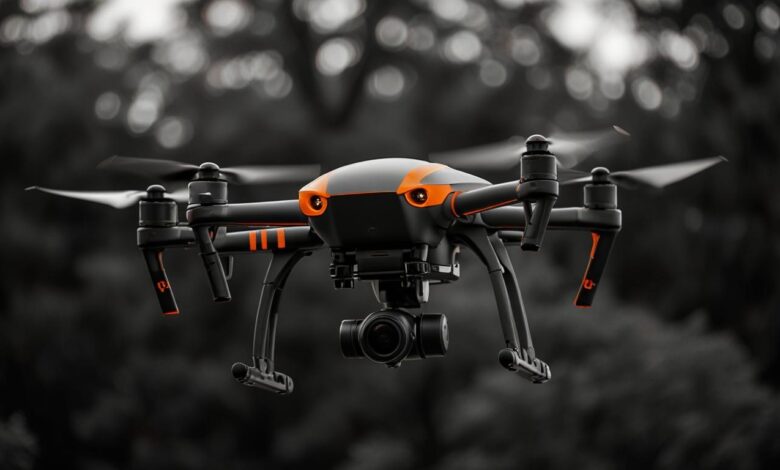Chinese Digital Enterprises Focus on Overseas Expansion Amid U.S. Drone Market Controversy

President of Rushi Institute highlights strategic importance of new quality productive forces for Chinese companies expanding abroad, while U.S. faces resistance to legislation targeting Chinese drones.
Chinese Digital Enterprises’ Overseas Expansion and the U.S. Drone Market Controversy
Beijing, June 13 – Guan Qingyou, president of the Rushi Institute of Advanced Finance, emphasized the strategic importance of “new quality productive forces” for Chinese enterprises expanding abroad during a speech at a National Business Daily event in Beijing. Guan detailed that these forces involve new technologies, organizational structures, business models, and ecosystems. He highlighted the unique advantage of Chinese digital companies, noting their ability to utilize algorithms and other technologies to outpace competitors in the global market.
Guan suggested that these digital enterprises can significantly contribute by establishing advanced infrastructure such as 5G, artificial intelligence, industrial internet, and the internet of things, especially in tech-receptive regions like the UAE, Saudi Arabia, and African countries. He underscored the resilience and micro-innovations of Chinese digital enterprises and advised them to adapt to local laws and customs when entering foreign markets.
Guan also called for national policies to enhance the business environment, foster technological advancements, and build private sector confidence, predicting that Chinese digital companies could soon rival their American counterparts.
In the United States, ongoing legislative efforts to ban and impose tariffs on Chinese drones, such as the DJI-dominated market, have met with resistance from public safety officials. Despite federal limitations on using grants for Chinese-made drones, agencies in states like Kentucky, New Jersey, and Connecticut have continued purchases using local funds.
The Drones for First Responders (DFR) Act intends to tax Chinese drones, escalating from 30%, and eventually ban those with Chinese parts. DJI, which holds significant market shares globally and within the U.S., has strongly opposed the bill, labeling it xenophobic and arguing it unfairly targets subsidized companies. DJI asserts that competitive practices across countries often involve governmental support.
To mitigate potential impacts, DJI has partnered with U.S.-based Anzu Robotics to maintain its presence in the American market. The company contends that competition fosters innovation and expelling DJI would disadvantage first responders who rely heavily on their technology.








